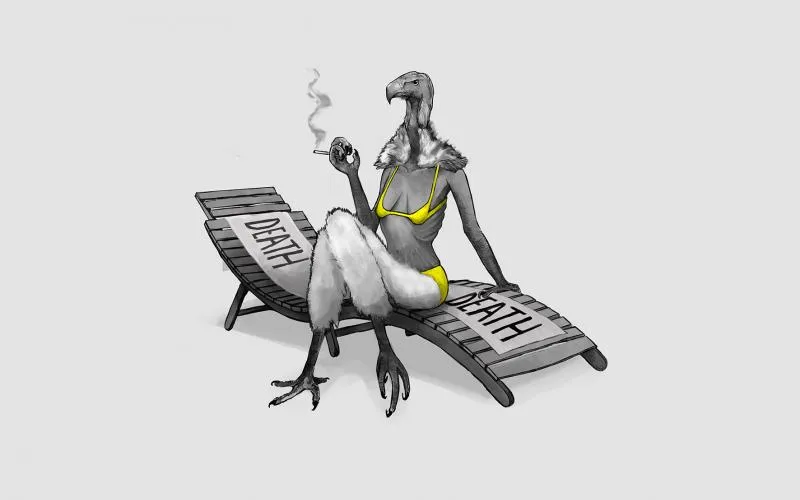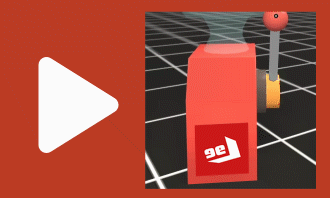- Log in to post comments
Frequently Asked Questions
The questions cover various aspects of applying to Briefs, including eligibility, experience requirements, development timelines, legal considerations, and the judging process. They also address specific inquiries about game types, engines, financial concerns, and ways to improve one's chances of selection.
Everyone, from anywhere in the world, is eligible to apply to Briefs.
If you don’t have anything made or no work experience, we won’t be able to grant you the money. We can’t make sure you will actually deliver. However, we don’t require any commercial releases. Game jam prototypes would be sufficient.
Even if you’re an industry legend, you can apply. If you need just a little bit of extra motivation to make a small experiment, Briefs welcome your pitch. However, your legendary status will not help your pitch, as it will just be an assurance that you can deliver.
We have written an art brief for you to help with your pitch. You don’t need to follow it exactly, neither do we write it in such a way. It’s written to inspire you and open your mind to the possibilities within the theme. If we missed something in the art brief that still fits the theme, you’re good. For example, for the DEATH art brief, we mentioned the dead but we forgot about ghosts and the book Ghostly Matters. That didn’t mean you couldn’t make a pitch about ghosts or affectation.
Once you’re selected and confirm your participation, you’re free to start working on the game. We make sure to quickly sort out the contracts, so if you want to wait until legal obligations are established, you’re free to wait. After that, you will have about two months to finish the game. You don’t need to work the whole time. Like we say every time, we don’t recommend spending more than 40 hours to make your game. It’s up to you as to how the spread these 40 hours over two months. For the hard deadline, please consult the current open call.
We require all games to be released for the first time in a bundle on itch.io together. No exceptions.
Briefs hold no rights over your game except the non-exclusive right to publish your game in a free bundle first. After that, you can do whatever you want with the game.
On completion. Exceptions can be made, but in exceptional circumstances only.
Developers directly. Briefs and gold extra can’t earn any money from this.
We will find a way.
GIVE IT TO US! We don’t care about definitions, just make something move based on player input and we are good. Scratch that, just make something move.
Nope.
We encourage you to pitch them.
Whatever works for you.
Yup. We have funded interactive fiction before.
As long you have the necessary copyright.
We will support you in any way you need. You cannot submit anonymously, however, as all teams are vetted.
We have a couple of soft deadlines where we ask for something to show your progress. These are made in such a way as to make sure we can still contact other candidates and grant the opportunity to them without forcing a crunch. Should you somehow fail to produce the game by the HARD deadline we will split the money that was granted to you equally among other selected teams. In both situations above, your contract is null and void.
Per team. You can work in a team or solo, the amount of money is the same. It’s on you to make sure you split the money fairly.
No. The game must be playable on a Windows PC. Windows PC must be a primary target. Web builds are fine as you can play them on a Windows PC.
We have several rounds of judging with different approaches. Round one - LONG LIST: Judges look over all submissions and mark the pitches with Yay or Nay. If the game gets at least one Yay, it moves to the Long List. Round two - SHORT LIST: Judges look over the Long List and mark games on a 1-10 scale. Scores are then combined and the top 20 move to the SHORT SHORT LIST. Round three - SHORT SHORT LIST Judges look over the Short Short List and mark games on a 1-5 scale. Scores are then combined. Depending on how much funding we have this year, the top score pitches get the grant. For example, if we have funding for 3 games, the top three will get the grant. Judges each have one VETO and one PUSH. VETO blocks the game from moving forward, no questions asked. PUSH will make the game move into the next round, no questions asked. Other than that, it’s a blood bath and we argue quite a lot. In the unlikely event that our Short List is composed of teams with the same or too similar backgrounds, we do the round again. Never happened before though.
To streamline the process. In each round, we look at different things. In the Long List stage, we mostly look at the pitch and artist statement. We’re weeding out pitches that don’t fit the Briefs (too game design-y, or you’re looking for extra funding to work on a game you’re already making), the theme (is it actually about the theme we gave?), or that are flat-out unreasonable (can’t be done within the timeframe). In the Short List stage, we once again look at the pitches to determine which pitches we like best AND we check the CV or portfolio to make sure the applicant can actually deliver. In the Short Short List, we look at everything and vet the developers. We are also creating the order in which the teams receive the grant. For example, if we have funding for three games: the top three each get the grant. Should one of them bail or fail, the fourth team on the list gets the grant, and so on.
We don’t like nazis.
Briefs want to support artistic, political, and experimental games. We want a strong message, a statement, or big swings. Traditional game design has enough funding avenues.
Read the long art brief. Don’t rush your submission, give it some time to cook. Make one of the judges cry with your pitch.





